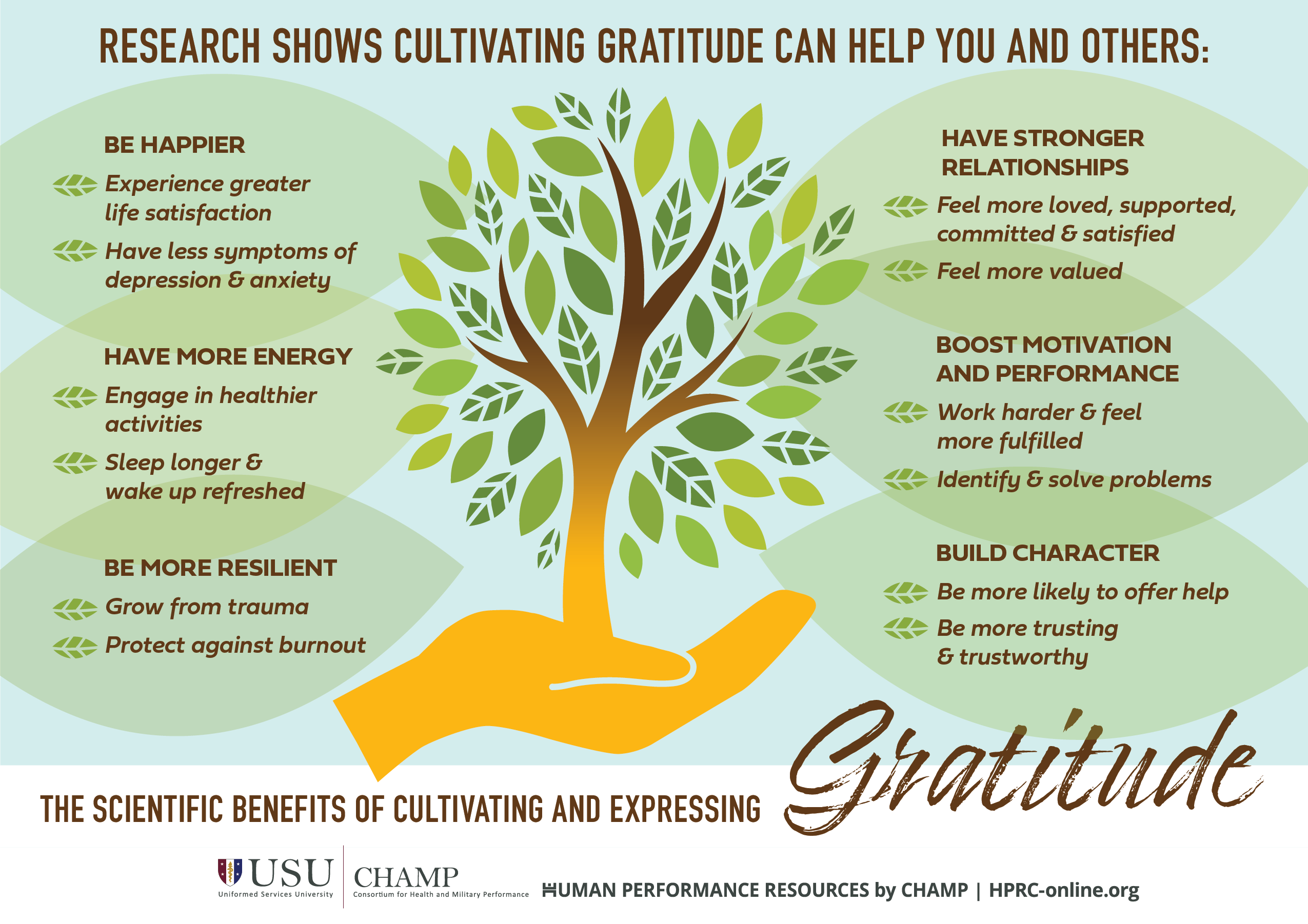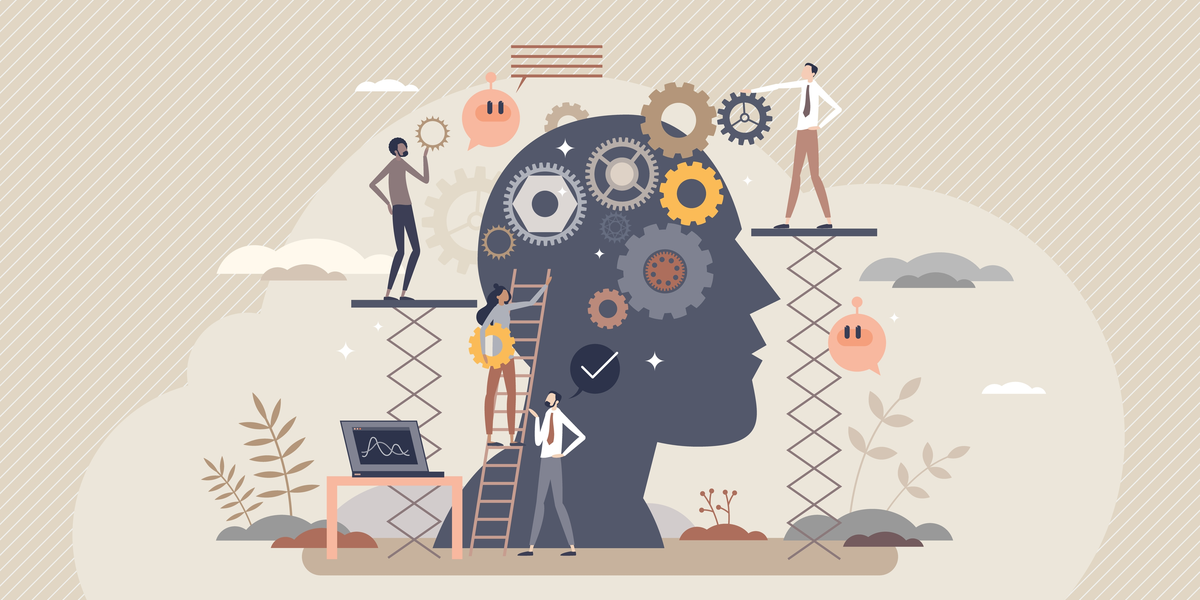Content Summary
In the modern world, success and happiness seem to be the ultimate pursuits of life. Many seek financial prosperity, recognition, and an array of material possessions.
However, true fulfillment lies in mastering the fundamental rules of life, which include discipline, time management skills, and utilizing advanced technology effectively.
Amidst the pursuit of success, people often overlook the simple joys in life, leading to unhappiness and a lack of gratitude. This article delves into the importance of these rules and how embracing gratitude can lead to a more fulfilling and content existence.
The Unhappiness Paradox Wanting vs. Appreciating
Despite the incredible progress and opportunities, many people in today's world find themselves unhappy and unfulfilled. This unhappiness often stems from a perpetual cycle of wanting more, overshadowing the ability to appreciate what is already present.
Society bombards us with advertisements and messages that foster desires for material possessions, fame, and an extravagant lifestyle. As a result, we may fall into the trap of perpetual dissatisfaction, always yearning for the next big thing. This constant pursuit of more can lead to stress, anxiety, and a lack of contentment.
Rule 1: Overcoming the Wanting vs. Appreciating Dilemma
Gratitude is a positive and heartfelt emotion or attitude of thankfulness and appreciation towards someone or something. When you experience gratitude, you recognize and acknowledge the goodness in your life, as well as the kindness and generosity of others. It involves being aware of the positive aspects of your life, both big and small, and feeling a sense of contentment and satisfaction with what you have.
Gratitude is not solely about material possessions or significant achievements. It can also involve being thankful for intangible gifts like good health, supportive relationships, moments of joy, personal growth, and opportunities for learning and development.
Gratitude allows you to focus on the present moment, reflecting on the positive aspects of your life rather than dwelling on what you lack.
Cultivate Gratitude: Practicing gratitude is a powerful tool to counter the wanting mindset. Taking time each day to acknowledge and appreciate the blessings in our lives, such as good health, supportive relationships, and basic necessities, can shift our perspective from lack to abundance.
Mindfulness and Presence: Engaging in mindfulness practices helps us focus on the present moment and detach from constant desires for the future. By being fully present in our experiences, we can savor the little things in life that bring joy and fulfillment.
Define True Success: Reevaluate your definition of success. It is essential to align your goals with your values and aspirations rather than society's superficial standards. By prioritizing personal growth, meaningful connections, and well-being, you can cultivate a more genuine sense of accomplishment.
Limit External Influences: Be mindful of the content you consume and the company you keep. Surround yourself with positive influences that promote appreciation and contentment rather than constant yearning for more.


Practicing gratitude has been shown to have numerous benefits for mental, emotional, and physical well-being.
Some of these benefits include:
- Increased happiness and life satisfaction: Grateful individuals tend to experience more positive emotions and an overall sense of contentment with their lives.
- Improved mental health: Gratitude can reduce symptoms of depression and anxiety, as it shifts the focus from negative thoughts to positive aspects of life.
- Strengthened relationships: Expressing gratitude to others can strengthen social bonds and foster a sense of connection and appreciation.
- Enhanced resilience: Gratitude helps individuals cope with challenges and setbacks, providing a positive outlook even during difficult times.
- Physical health benefits: Studies have suggested that practicing gratitude may lead to better sleep, lower blood pressure, and a stronger immune system.
Ways to Practice Gratitude:
- Keep a Gratitude Journal: Write down things you are thankful for regularly. This practice helps you focus on the positive aspects of your life and fosters a sense of appreciation.
- Express Thankfulness: Take the time to express gratitude to others through sincere verbal appreciation, thank-you notes, or acts of kindness.
- Mindfulness and Meditation: Engage in mindfulness practices that encourage being present in the moment and appreciating the little joys in life.
- Reflect on Challenges: Consider the lessons learned and the personal growth that can result from challenging experiences, reframing them in a positive light.
- Avoid Comparison: Be mindful of comparing yourself to others, as it can foster feelings of envy and diminish the ability to be grateful for what you have.
In essence, gratitude is a powerful and transformative emotion that can enrich your life and the lives of those around you. By incorporating gratitude into your daily routine, you can cultivate a more positive and fulfilling outlook on life.

Rule 2: Discipline
Discipline is the cornerstone of any successful life. It involves making conscious choices and cultivating positive habits that align with our long-term goals. Embracing discipline means resisting temptations that derail us from our path and staying committed to self-improvement.
It is about taking responsibility for our actions and pushing ourselves beyond our comfort zones to achieve growth and success.
Without discipline, we are prone to procrastination, distractions, and a lack of focus, hindering our progress. By incorporating discipline into our daily lives, we build the necessary foundation to tackle challenges and fulfill our potential.
Rule 3: Time Management Skills
Time is a precious resource that once spent cannot be regained. Successful individuals understand the value of time and strive to manage it efficiently. Time management skills empower us to prioritize tasks, allocate appropriate time to each activity, and strike a healthy work-life balance.
In today's fast-paced world, where distractions are abundant, honing time management skills becomes even more crucial. By organizing our time effectively, we reduce stress, increase productivity, and create opportunities to pursue personal growth and meaningful experiences.

Rule 4: Embracing Modern Advanced Technology
Modern advanced technology has revolutionized the way we live and work. From communication to automation, technology offers numerous benefits that enhance efficiency and convenience.
However, it is essential to strike a balance in our reliance on technology. While it simplifies our lives, excessive use can lead to social disconnection and adverse effects on mental health.
Using technology mindfully involves setting boundaries, limiting screen time, and focusing on building genuine connections with others. By harnessing the power of technology wisely, we can propel ourselves forward and create a positive impact on our lives and society.
Author's Choice of Self Improvement Tools:



Conclusion
Mastering the rules of life and success requires discipline, effective time management, and responsible use of technology. By incorporating these principles into our lives, we can set ourselves on a path to personal growth and fulfillment.
Moreover, by cultivating gratitude and appreciating the simple joys in life, we can break free from the unhappiness paradox of always wanting more. Remember, true happiness lies not in the pursuit of external possessions but in the appreciation of the valuable gifts we already possess.
Relevant Reads>>>














